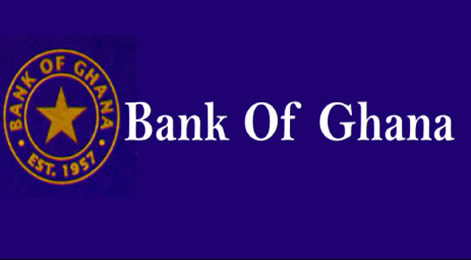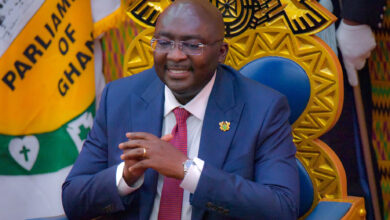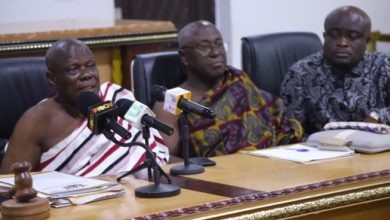BoG: Ghana’s relatively strong economic performance attributed to home grown policy

Dr Ernest Addison, the Governor of the Bank of Ghana (BoG), says the relatively strong performance of the economy despite COVID-19 was due to home grown policy credibility earned over four years of economic reform.
He said the fiscal and monetary policy framework provided a solid anchor to disinflation, adding that policy credibility engendered investor confidence which underpinned the significant inflow of capital both portfolio and direct.
Dr Addison said this at the opening ceremony of a three-day 10th Ghana Economic Forum on the theme: “Strengthening Home Grown Policies to Underpin the National Digitisation Drive and Shared Financial Prosperity,” organised by the Business and Financial Times newspaper.
“These measures placed the Ghanaian economy in a good place prior to the pandemic and the necessary policy space to undertake the countercyclical policies that allowed the economy to stay on course,” he said.
He said the 2022 budget should be used to reset fiscal policy to create a more credible path towards medium term fiscal sustainability, stressing, “this would be an important building block to establish and entrench credibility, a key component to stability.”
Digitalisation agenda
The country’s digitisation agenda, he said, including financial digitisation which began before the COVID-19 pandemic, received an added push during the pandemic, evidenced by the dramatic increase in the growth of digital financial services.
Currently, there are more than 19 million active mobile money accounts driving the digital financial services industry.
Dr Addison said rapid changes in payments technology had made the use of technology in financial services become a necessity rather than a choice, which was driven by consumer demand for convenience, efficiency, and lower cost of transactions.
“Digital payments have been on an uptrend and various governments’ have joined in the digitisation process and most central banks are at various exploratory stages of developing Central Bank Digital Currencies (CBDC), with the recognition of money as an important public good and whose stability needs to be protected,” he said.
He said the Bank of Ghana (BoG) had entered the space of digitization and piloting the CBDC, with broad stakeholder consultations on the project.
That, he said would lead to the issuance of a digital currency, the E-Cedi, a safe and stable means of payments and settlements which would advance financial inclusiveness, promote efficiency in the payment systems, and foster competition in the financial sector.
A speech read on behalf of Allan Kyeremanten, Minister of Trade and Industry, welcomed the forum’s objective that sought to engage the private public sector for the growth of the economy.
He said government had pursued home grown policies, which were comprehensive and anchored on a 10-point industrial transformational agenda for the country’s socio-economic development.
The initiatives include building the competitiveness of existing local industries by facilitating access to medium to long-term finances at low interest rates, introducing strategic anchor industrial initiatives which will create new growth poles for the Ghanaian economy, and establishing at least one industrial park and special economic zone in each of the 10 regions.
Dr Godwin Acquaye, Chief Executive Officer, Business and Financial Times, said the forum had over the years stimulated discussions on issues from the sectors of economy for national discourse and helped informed policy makers in decision making.





